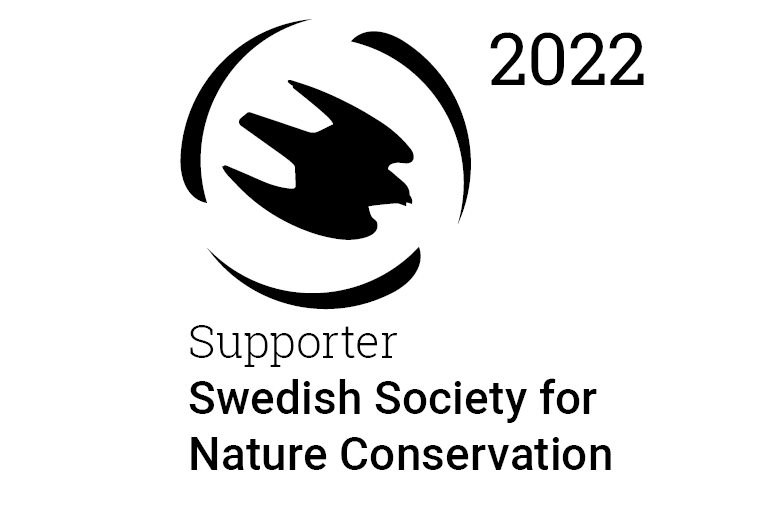- Home
- GPC USA
Login
Forget Password
News

Alaska Enacts Phase-Out of PFAS-Containing Firefighting Foams
Jul-26-2024
On July 22, 2024, Alaska enacted Senate Bill (SB) 67, which phases out the use of firefighting foams containing per- and polyfluoroalkyl substances (PFAS). The bill automatically became law after the Governor neither signed nor vetoed it within the designated 22-day period.
Introduction:
Aqueous Film Forming Foam (AFFF), a firefighting foam used primarily on military bases and airports to fight fuel and chemical fires, contains per- and polyfluoroalkyl substances (PFAS). PFAS are a group of over 12,000 chemicals widely used in consumer products, industrial applications, and industrial firefighting foams. Even minimal exposure to PFAS has been associated with severe health issues, including liver and kidney damage, reproductive and developmental harm, immune system impairment, and certain cancers.
Proposed Bill:
The majority of PFAS contamination in Alaskans' drinking water is linked to the dispersive use of PFAS-based industrial firefighting foams at airports and military bases. Starting January 1, 2025, a ban on AFFF and a disposal program will be implemented. The new legislation mandates a transition to PFAS-free foams and authorizes the removal of PFAS firefighting foams from villages with populations of less than 2,000.
Rather than having the state directly handle the collection and disposal of PFAS in rural villages, the state will reimburse these communities for the associated costs. This includes expenses related to replacing equipment potentially contaminated by PFAS foams. However, these foams may still be used if required by federal law, according to the bill.
Exemptions:
Oil and gas facilities, which are at risk of especially intense fires will be permitted to use existing foams until the state fire marshal officially identifies an alternative firefighting foam that is both PFAS-free and proven to be safe and effective. Once that determination is made, the state fire marshal is expected to enact a regulation mandating these facilities to switch to PFAS-free foams, as required by the bill.

US EPA Revises Risk Threshold for Perfluorodecanoic Acid in Finalized IRIS Toxicological Review
Jul-23-2024
On July 16, 2024, the US Environmental Protection Agency (EPA) finalized the Integrated Risk Information System (IRIS) Toxicological Review for perfluorodecanoic acid (PFDA) and related salts. The Agency has raised the acceptable reference dose (RfD) for PFDA. The final review tripled the proposed risk threshold for PFDA, indicating that any subsequent risk management measures will be less stringent.
Introduction:
Perfluorodecanoic acid (PFDA, CASRN 335-76-2) and its related salts, members of the per- and polyfluoroalkyl substances (PFAS) group, are known for their resistance to hydrolysis, photolysis, and biodegradation, resulting in persistent environmental contamination. EPA's Integrated Risk Information System (IRIS) review covers PFDA and its fully dissociating salts, such as ammonium perfluorodecanoate (CASRN 3108-42-7), and sodium perfluorodecanoate (CASRN 3830-45-3) which are expected to fully dissociate in aqueous solutions at pH ranging from 4 to 9 (e.g., in the human body).
Human studies indicate that PFDA exposure may cause liver, immune, developmental, and reproductive effects, with potential impacts on cardiometabolic and neurodevelopmental health. The IRIS program is developing a series of five PFAS assessments at the request of EPA to address these concerns.
Final Report:
The reference dose (RfD) for PFDA remains significantly lower than the RfDs for PFBA and PFHxA, which were finalized in last year's IRIS assessments. It is also comparable to the preliminary RfDs for PFHxS and PFNA, which are currently in the draft assessment stage. The final PFDA assessment used the same studies, hazard endpoints, points of departure (PODs) and uncertainty factors as the draft assessment to determine the overall RfD.
Organ-specific RfDs for health effects compared with the 2023 draft review of PFDA:
|
Organ/system |
Integration judgment |
Value (mg/kg-day) |
Value (mg/kg-day) 2023 Draft report |
|
Developmental |
Evidence indicates (likely) |
2 × 10−9 |
3 × 10−10 |
|
Liver |
Evidence indicates (likely) |
6 × 10−7 |
7 × 10−7 |
|
Male Reproductive |
Evidence indicates (likely) |
3 × 10−6 |
5 × 10−6 |
|
Female Reproductive |
Evidence indicates (likely) |
1 × 10−6 |
3 × 10−6 |
|
Immune/ developmental |
Evidence indicates (likely) |
2 × 10−9 |
4 × 10−10 |
|
Immune (developmental immune effects) |
Evidence indicates (likely) |
2 × 10−9 |
3-4 × 10−10 |
Login
Forget Password
Global Product Compliance (GPC) specializes in Global Regulatory Compliance Solutions across sectors
globally. SSS Europe, a familiar name in chemical regulatory and compliance services now formally belongs
under the umbrella of GPC Holding Sweden.
Since 2008, we have emerged as one of the leading names among Global Regulatory Compliance Service
Providers with Representation services in Europe, Asia and Middle East for respective chemical
regulations.


